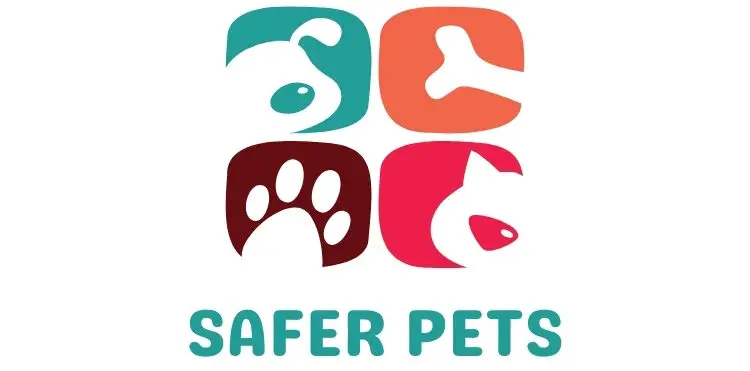Guinea Pigs make great pets and with a little forethought to the perils around your home and garden, you can create a Guinea Pig heaven.
Guineas Need Protection.
Guinea pigs by nature are natural prey for many predators. Dogs, cats, ferrets, owls and a host of other creatures will see your beloved pets as an easy meal to try to add to their menu.
This should be taken into consideration when looking at accommodation for your guinea pigs. Their hutch should be solidly built and able to withstand the assault of a potential predator.
Another risk from predators is the way Guinea Pigs panic when startled. In nature, Guinea Pigs run and hide from predators, in a hutch they are unable to do this and may careen frantically about the run trying to find a safe place to hide. This can cause them severe injury. Broken limbs and lacerations are not uncommon when this occurs.
Child-Safe Your Guinea Pig
Among the host of predators that may try to assail your pets should include children. Any child who visits should not be left alone with your Guinea Pigs. Young children will want to pick up your Guinea Pigs and carry them around. Do not allow this as if they are dropped broken limbs or internal injuries may result. They may also try to bite if not properly handled.
If a child wants to handle your Guinea Pig, have them sit cross legged on the ground and place the Guinea Pig in their lap for them to stroke under your supervision.
Try to make your yard as predator proof as possible. If your yard is fenced and has a gate, ensure it is kept closed at all times. This will present an additional barrier to would be predators.
Avoid a Fatal Feast.
A danger to your Guinea Pigs is what they graze on. Avoid using lawn sprays and fertilisers if you hope to keep Guinea Pigs. If they happen to ingest any of these toxins, it will lead to their death.
Common garden sprays are additionally a problem, as it does not take much for spray drift to settle on grassy areas where your Guineas are going to graze. If you must spray in the garden, use one of the animal safe natural products on the market.
Another risk in the garden is many of the ornamental plants we grow. Guinea Pigs are indiscriminate grazers and if they happen to chew azalea, oleander, rhododendron or English Ivy leaves, among a host of other plants, it can have fatal results for them. Check the internet to ascertain what plants are poisonous and remove them from your garden. They can easily be replaced with less toxic alternatives that would be much safer for your Guinea Pigs.
Putting Food on The Guinea Table.
When it comes to food, Guinea Pigs are not fussy eaters. There are foods however, that should be avoided. Nuts and husks can cause your Guinea to choke and should not be part of their diet. Avoid celery, kidney beans, and onions. Another food to avoid is lettuce, as it will definitely give your Guineas severe diarrhoea. Also, avoid giving large quantities of cabbage and broccoli as this will give your Guineas gas that can be very uncomfortable for them.
Always keep in mind these are grazing animals so things they would not typically find grazing should not be included in their diet, cheese is an excellent example.
Another common mistake often made is giving them rabbit pellets. These do not contain any vitamin C supplement. Guinea Pigs require daily vitamin C as they cannot manufacture it for themselves, if they do not get it they can develop scurvy. Drops are available from pet stores and veterinarians that can be added to their water to help prevent this happening.
Another dietary problem is overgrown teeth, if your Guinea stops eating suspect this and check their front teeth. If they appear overly long, take them to the vet to have them trimmed.
Guineas Are Not Your Average Cat or Dog.
Check local veterinarians to see which is Guinea Pig competent. Providing medical treatment for a Guinea Pig is a lot different from providing medical treatment for a dog or cat.
One of the threats that Guinea Pigs face from improper medical treatment is the use of penicillin based antibiotics. Penicillin based antibiotics are lethal to Guinea Pigs and a common antibiotic used in many practices is Amoxicillin. If medication prescribed by your vet ends in cillin or is an antibiotic, question your vet as to whether it is penicillin based. Do not be frightened to speak up as it could save the life of your companion.
These bundles of joy make very loving pets. Forethought to their safety and comfort will ensure you and your Guinea enjoy each others company for many years without mishap.
